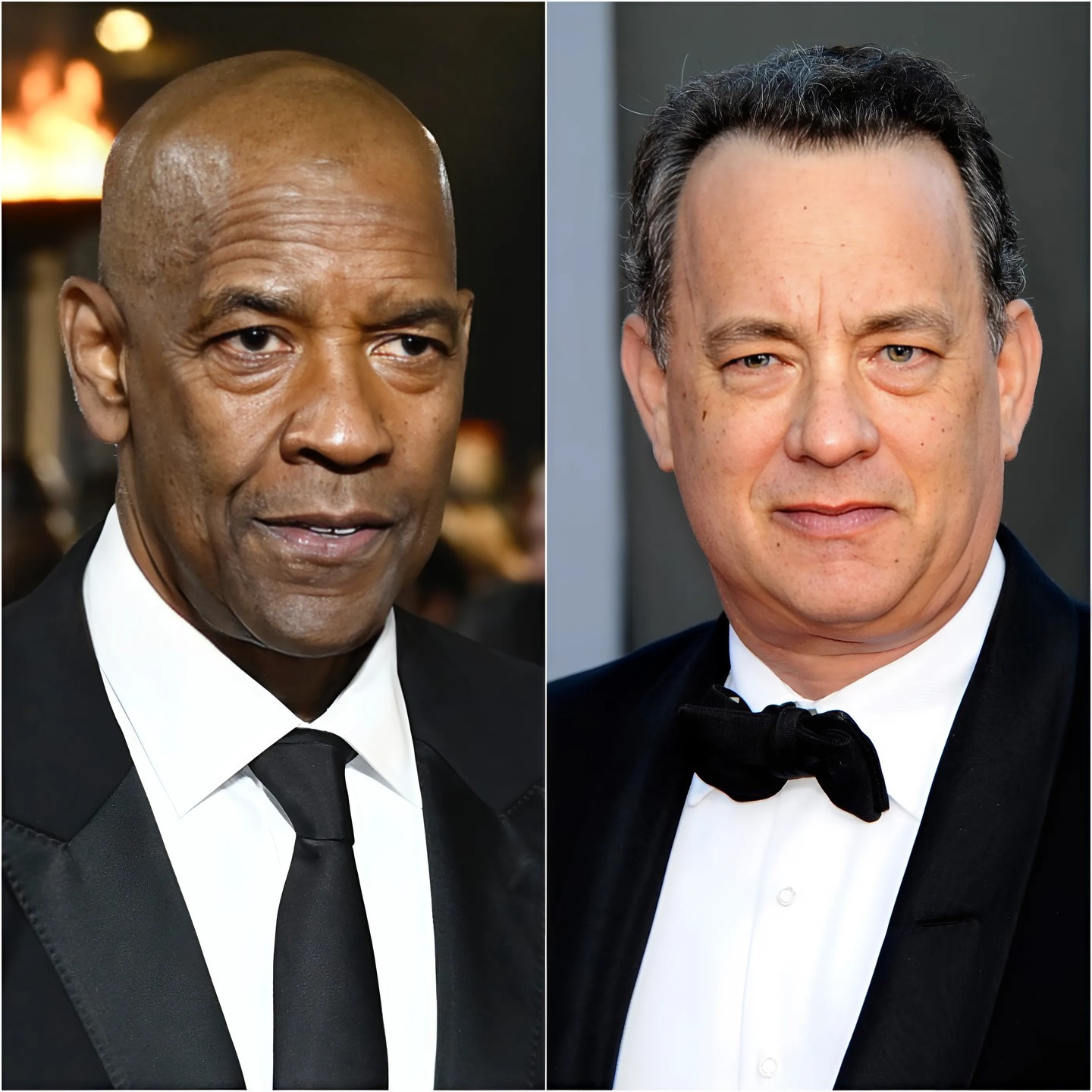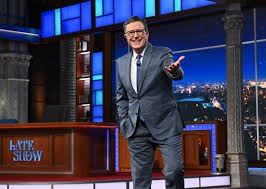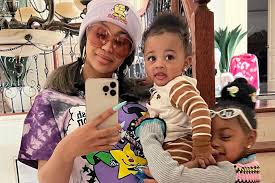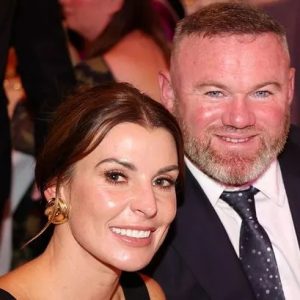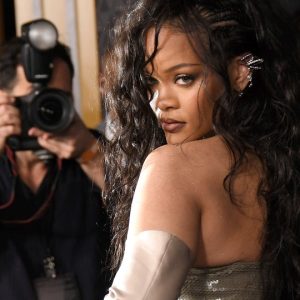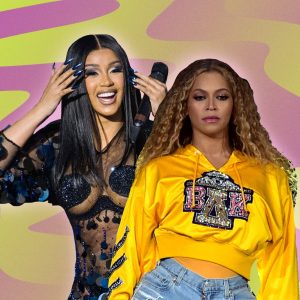Denzel Washington has recently made headlines for turning down a lucrative $50 million project, citing his aversion to working with what he calls “woke” individuals. The veteran actor, known for his deep, resonant performances and strong sense of personal integrity, openly declared that he avoids “woke people” and distanced himself from the project that would have starred Tom Hanks, a prominent figure often associated with progressive social and political views.
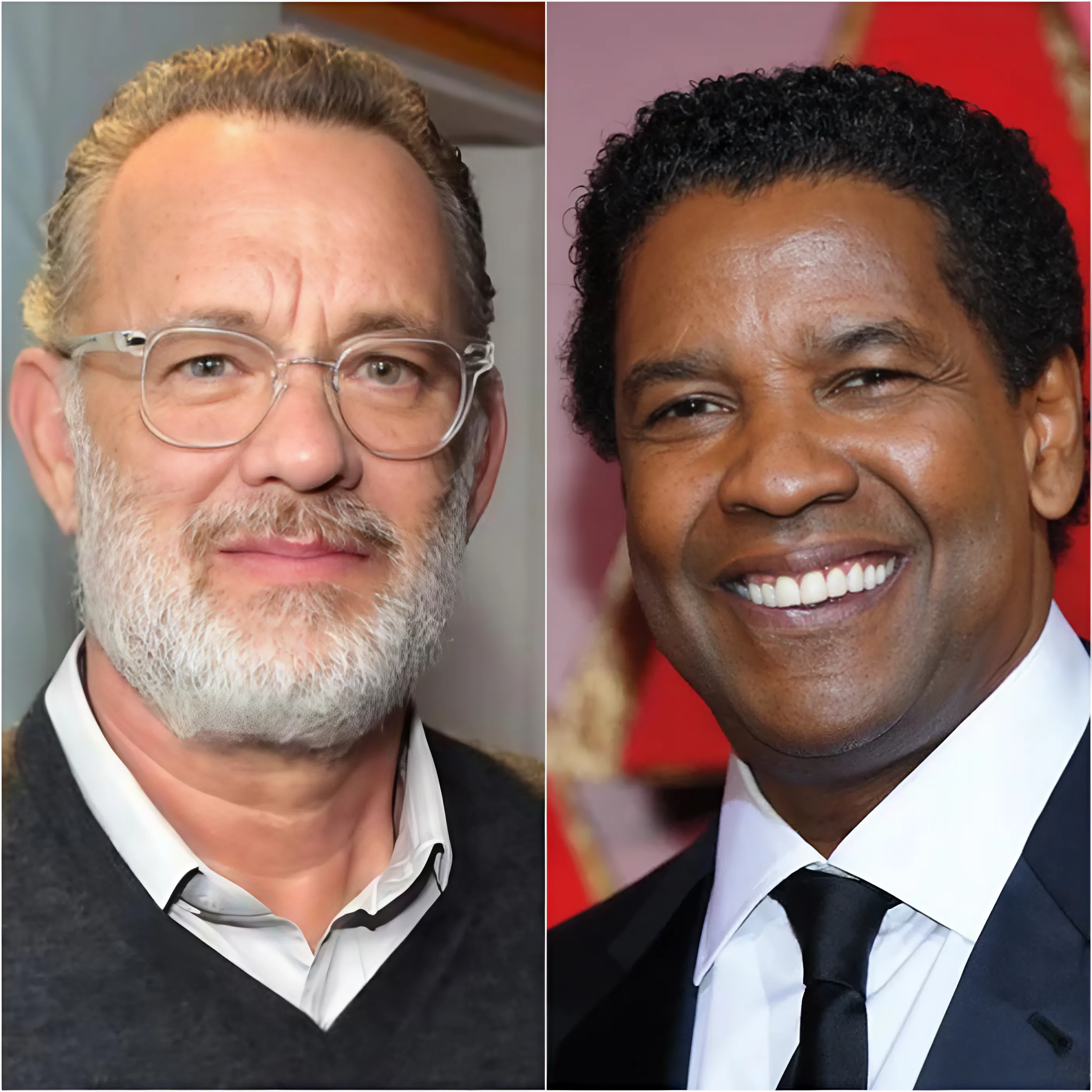
The news came as a shock to many, as Denzel Washington has been a prominent figure in Hollywood for decades, celebrated for his work in powerful dramas that often tackle complex societal issues. However, in a recent interview, Washington made it clear that he no longer wishes to be involved in projects that, in his view, might push a politically correct or overly progressive agenda. Washington’s comments seemed to reflect a growing concern among certain segments of the entertainment industry about the increasing influence of “wokeness” in shaping film and television narratives.
Tom Hanks, known for his broad range of roles in movies like Forrest Gump, Cast Away, and Saving Private Ryan, is often seen as a symbol of Hollywood’s more liberal leanings. Although Hanks has been an advocate for a variety of social causes, it seems Washington’s reservations stem from the increasingly polarized climate in entertainment, where actors are often expected to align with certain ideologies or publicly endorse specific political positions.
While Washington’s comments have sparked a debate about the role of political correctness in Hollywood, they also underscore a broader discussion about the direction of the film industry. Some argue that the push for inclusivity and social awareness in entertainment is essential for addressing systemic inequalities, while others, like Washington, believe that it risks stifling creativity and individuality.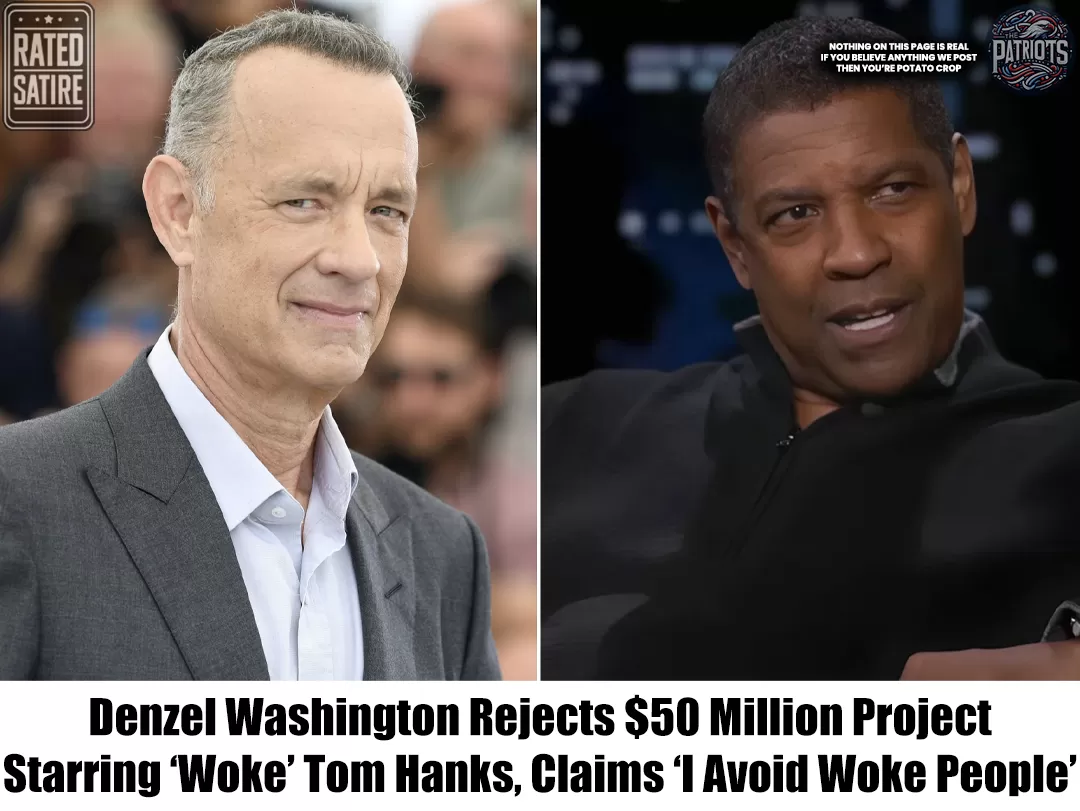
The actor’s rejection of such a high-profile project may seem surprising to some, but it is consistent with his long-standing reputation for being selective about the roles he takes on. Washington has built a career on portraying characters with depth and complexity, often tackling issues like race, justice, and personal morality. His reluctance to be associated with projects that he perceives as pandering to contemporary political trends suggests that he is committed to staying true to his artistic vision.
In the face of this controversy, it remains to be seen whether Washington’s stance will influence the industry’s approach to casting and content creation in the future. For now, the actor’s decision has drawn attention to a broader divide in Hollywood, where the tension between artistic freedom and the demands of social justice continues to evolve.
